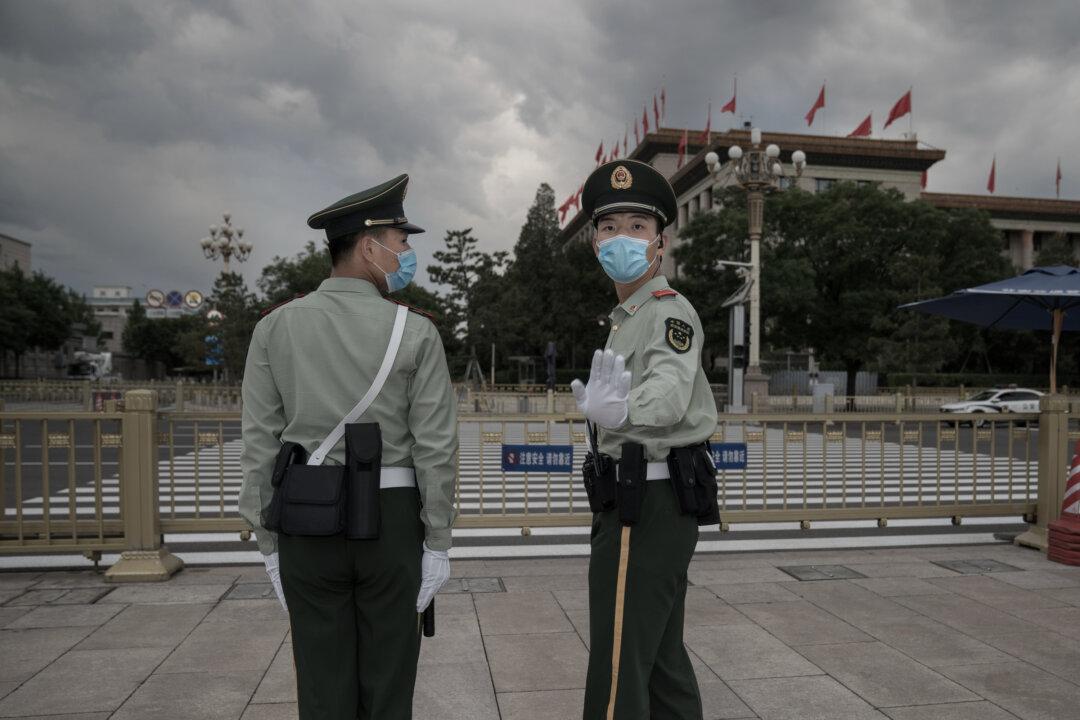Under the Chinese Communist Party (CCP)’s censorship and tight control, the number of China’s licensed journalists is dwindling.
Between mid-January and late April, the State Administration of Press and Publications organized the annual press card verification. Chinese reporters were required to take a test as part of the renewal process. State-run Xinhua News Agency recently reported that as of April 30, a total of 3,676 news outlets and 180,075 journalists in China had passed the renewal, while 24 news outlets and 353 journalists had their press credentials suspended.





